You are invited to a Zoom meeting of the PRME UKI (Principles of Responsible Management Education, UK and Ireland) Interest Group on Employability, Sustainability and Jobs of the Future (co-led by Dr Jonathan Louw MCIPD SFHEA and Dr Karen Cripps) that will take place on 13th March from 2.30pm – 4.00pm. This will host Arti Kumar MBE as a keynote presenter to celebrate the close of the ‘Career Story Telling for the Sustainable Development Goals’ workshops.
Arti’s keynote speech will unravel the key features of SOARing to Success as a principled, inclusive and interconnected approach. She will show how staff can animate the four dimensions of SOAR as a process of personalised learning that enables all students to constructively align their aspirations and employability development with sustainable development goals.
The SOAR framework was used to structure the ‘Career Story Telling for the Sustainable Development Goals’ workshop that was delivered at over 20 universities as part of PRME seed funding for pedagogic innovations 2023 (by Karen Cripps, Cathy d’Abreu and Dr Milena Bobeva).
The session will include insights from collaborating colleagues and students, share the resources developed through the project, and host an open discussion on approaches to embedding ’employability for sustainability’ within the curriculum. You can read more about the project and collaborators in the link below and the zoom registration link here.
To register in advance for this meeting click here.
After registering, you will receive a confirmation email containing information about joining the meeting.
PRME Global Student Sustainability Awards Open
We are delighted to share that submissions for the 2024 PRME Global Student Sustainability Awards are open!
All Sustainability-oriented student organisations associated with PRME Signatory Members from the PRME Chapter UK & Ireland are encouraged to apply! Submissions should be completed through a SUBMISSION FORM (deadline: 31st March 2024 at 23:59 ET) to be filled by a student organisation representative, who must be a student formally enrolled with a PRME Signatory Member during the 2023 calendar year.
Applicants can find all the information about the Awards structure, submission criteria and requirements by accessing the CALL FOR SUBMISSIONS – TERMS OF REFERENCE. There, you will see that the PGS Sustainability Awards are divided into two phases: Regional Awards (February to May) and Global Awards (May to June).
Due to a partnership with Marketplace Simulations, on the 18th June 2024, PRME will celebrate the Regional Winners and award the Global Winner during the 2024 PRME Global Forum. On occasion, the student organisation awarded as the Global Winner will receive a USD $2,000 monetary prize to increase the impact of their local initiatives! The PGS Team will host two informational webinars to present the 2024 PGS Sustainability Awards and answer any questions regarding the application processes. Please find below the registration links to these informational sessions:
Informational Webinar 2 – 18th March, 17.00 to 18.00 CET (register here)
PRME UK and Ireland Conference and Doctoral Colloquium 2024
The Calls for Proposals are open for the PRME UK and Ireland Conference and Doctoral Colloquium 2024 ‘Educating for Deep Transformation: Business Schools’ contribution to a Greener, Healthier, Fairer Society’ to be held at the University of Exeter 19th-21st June 2024.
Submission Deadlines:
Doctoral Colloquium: Tuesday 12th March 2024
Conference: Tuesday 19th March 2024
Details of the Calls can be found here.
Additional information can be found in the link below.
2024 PRME Faculty Teaching Awards: Applications are Open
The PRME Faculty Teaching Awards recognize excellence in teaching sustainable development and responsible management practices in business education. They seek to honour innovative and impactful pedagogical contributions that advance the Sustainable Development Goals (SDGs) and align with the pedagogical interests of the PRME community.
Eligibility: Faculty at PRME Signatory institutions from all levels and disciplines. Applications can be submitted from individuals or as a team application of no more than six.
Submissions close: 31st March 2024. For more details click here.
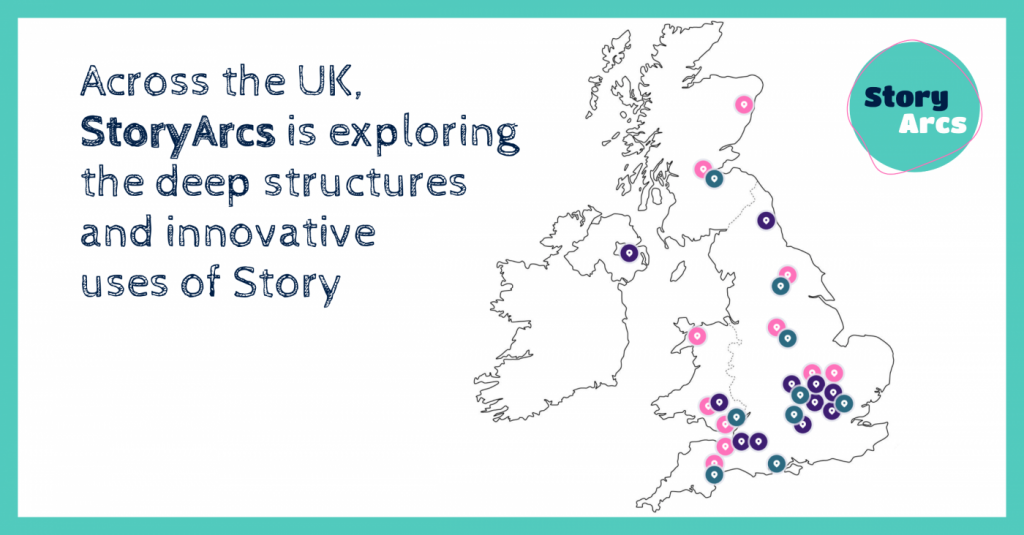 Across the UK, 11 Story Associates are on a mission…
Across the UK, 11 Story Associates are on a mission…
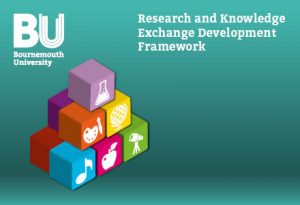 Research Leadership: Leading the Development of a Project for Funding
Research Leadership: Leading the Development of a Project for Funding
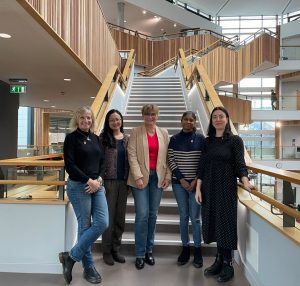


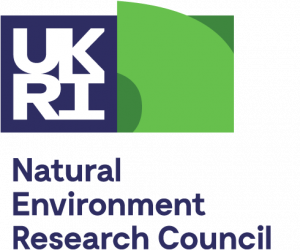 NERC Pushing the Frontiers Call – internal competition
NERC Pushing the Frontiers Call – internal competition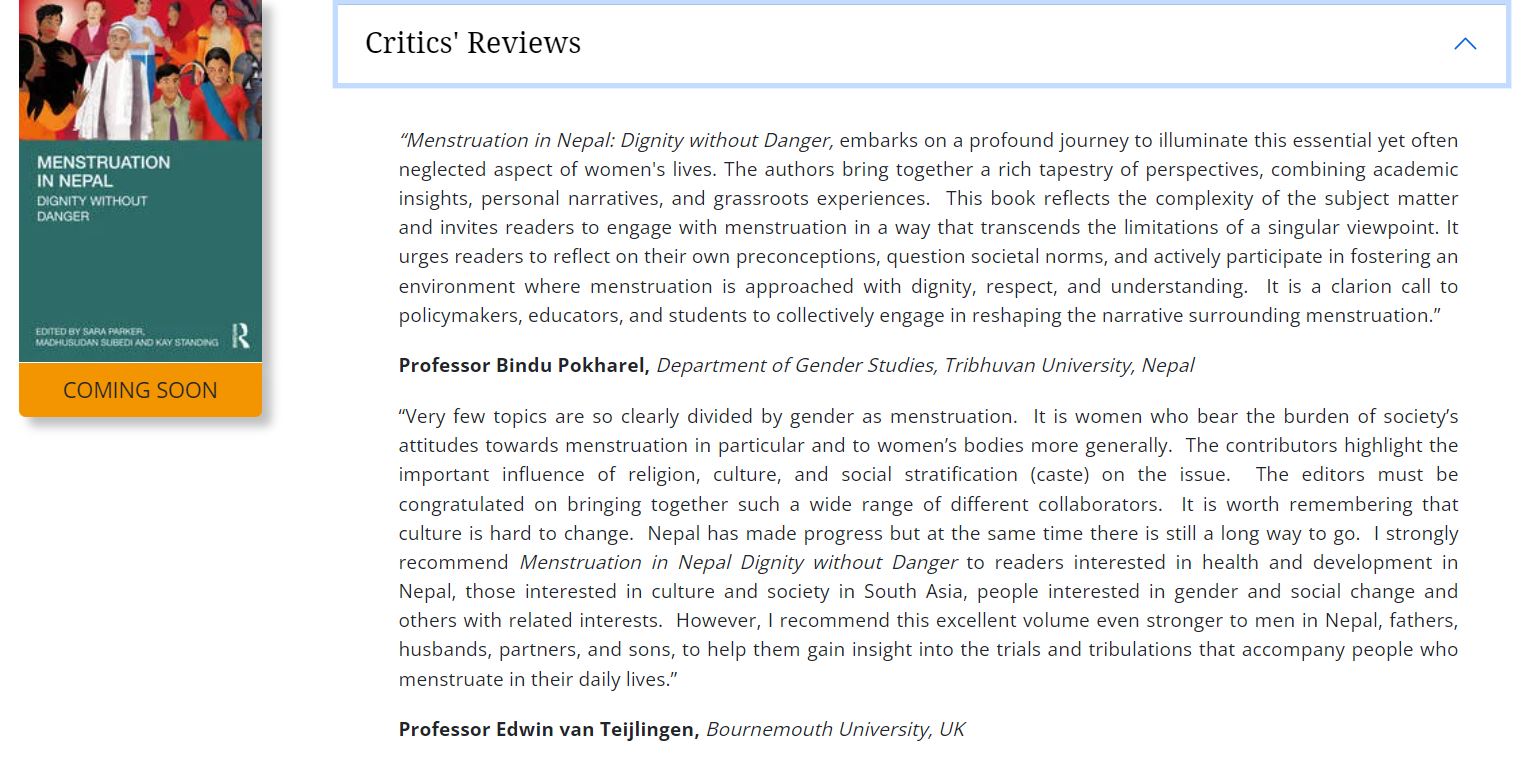
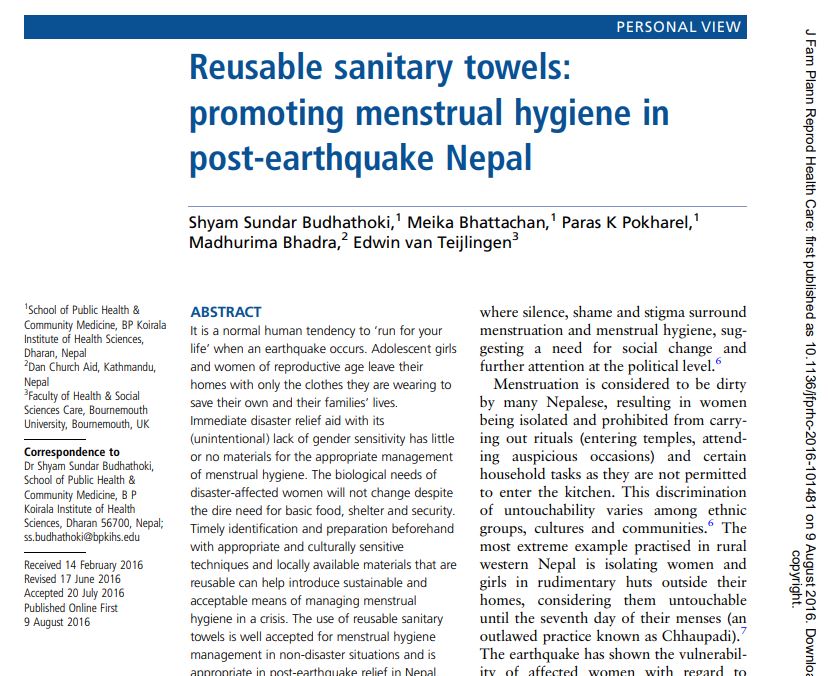
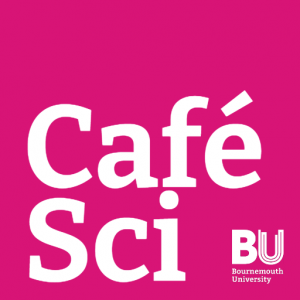
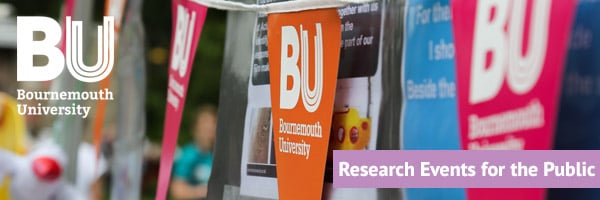

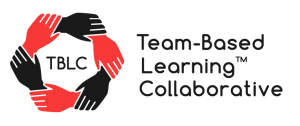











 Upcoming opportunities for PGRs – collaborate externally
Upcoming opportunities for PGRs – collaborate externally BU involved in new MRF dissemination grant
BU involved in new MRF dissemination grant New COVID-19 publication
New COVID-19 publication Conversation article: London Marathon – how visually impaired people run
Conversation article: London Marathon – how visually impaired people run MSCA Postdoctoral Fellowships 2024
MSCA Postdoctoral Fellowships 2024 Horizon Europe News – December 2023
Horizon Europe News – December 2023